Revealing 9/11 Conspiracy Would Undo U.S. Saudi Alliance – Sen. Bob Graham on RAI Pt 5/7
Paul Jay asks Senator Graham if a culture of “not wanting to know” was created to prevent the conspiracy from being uncovered and to protect the role of the Saudi government – a REPLAY of a 2013 interview by Paul Jay on Reality Asserts Itself.
STORY TRANSCRIPT
PAUL JAY, SENIOR EDITOR, TRNN: Welcome back to The Real News Network. I’m Paul Jay. Welcome back to Reality Asserts Itself with Senator Bob Graham. We’re talking about the Saudi role in the events of 9/11 and Saudis’ influence on U.S. foreign policy.
The biography of Senator Graham in length you will find below our video player here. But just quickly again, Senator Graham was the 38th Governor of Florida from 1979 to 1987. He was a U.S. senator from Florida from ’87 to 2005. He was on the Senate intelligence committee, and he chaired the congressional joint committee on 9/11.
Thanks again for joining us.
BOB GRAHAM, FMR U.S. SENATOR: Thank you.
JAY: Senator Graham is also the author of the book Intelligence Matters: The CIA, the FBI, Saudi Arabia and the Failure of America’s War on Terror.
Thanks.
GRAHAM: Good. Thank you.
JAY: So one question that’s always kind of bothered me, ’cause I personally haven’t been able to find something obvious about this–and there’s so much to read, and I haven’t read it all, but it’s been reported that Prince Bandar, who was then the Saudi ambassador to the United States, within hours of 9/11, contacts what we now know must have been President Bush, because the heads of all the other agencies–it was very interesting. Nine-eleven Commission, they kept asking to the head of the FBI: did you authorize these flights to get Saudis out of the country? And he said no. And then the CIA said no. But I think it’s fairly well known now it was the White House. But Prince Bandar, within hours of the attack, wants to get leading Saudis out of the country because 15 of the 19 conspirators on the planes are Saudis. Well, how does he know within hours of the attack that there are so many Saudis involved in this?
GRAHAM: It doesn’t surprise me that he knew that. At the worst, you can say he knew it because he was aware that this plot was developing before 9/11. At the best, his press people had access to the wire services, which quickly did identify that 15 of the 19 people were Saudis. So I’m not–.
JAY: Now, how did the American government and then the wire services, how did anyone know so quickly?
GRAHAM: Well, they quickly found out who the people were because they had their names on the manifest of the four airplanes which they had entered. And some of these people, once their names popped up, were well known to the intelligence agencies. Two of them had participated in what was referred to as “the summit of terrorists” that took place in Kuala Lumpur, Malaysia, in January 2000. Others were not as well known. But it didn’t take long to determine something as basic as what were the nationalities of these 19 people. So that doesn’t surprise me.
What does surprise me is the reaction of the United States (and I think this was at the highest level–the president of the United States), how they reacted to this request. Here you have a mass murder, mainly U.S. citizens killed. Here you’ve got people who might have information about this mass murder that law enforcement would like to fully interrogate before they were out of our jurisdiction. And yet the president of the United States agreed, at the request of the Saudi ambassador, to allow a chartered plane to fly from Lexington, Kentucky, back to the Middle East with 144 persons who had not been prescreened, interviewed, or in any meaningful manner debriefed in terms of what they knew about this situation. After the flight, the FBI said, had we known who these people were, we would in fact have interviewed a number of them. They were people of interest.
JAY: So how do you explain it?
GRAHAM: I think the explanations are murky. And there are many. One is that the United States has had a special relationship with Saudi Arabia that goes back to World War II: we provide them a defense cover; they provide us a reliable source of petroleum. Some of it was the special relationship with the Bush family. Going back to the president’s grandfather, there had been a close family relationship between the Bushes and the House of Saud. Other reasons might have to do with the fact that Saudi Arabia was looked at as being a source of stability in a very turbulent Middle East, and that we needed to keep their credibility and respond to their request. Bandar had said that precisely because three-quarters of the hijackers had been Saudis, that that put all persons of Saudi ancestry in the United States at some risk. And he selected who he thought were the ones that were most at risk, most prominent, probably closest to the royal family, to have this–.
JAY: And members of the bin Laden family.
GRAHAM: Yes, there were several members of the bin Laden family, which meets both tests: they were members of the bin Laden family, and that family was itself close to the royal family. And at a time when the request was made, most aviation in the United States was grounded. By the time they actually executed the flight, that restriction had largely been lifted.
JAY: I think the big issue isn’t how could the plane fly. The big issue is how did they let a plane fly with people that might have been involved in the events.
GRAHAM: Because they weren’t very curious as to what those people had known, or there were–I think more likely there were factors that went beyond finding out about 9/11 that trumped the normal policy of full briefing and interrogation–or debriefing and interrogation before people were allowed to leave the country.
JAY: Well, what–we’ll kind of get into this as we move along, but does there not seem to you–and in your book you outline various points at which the 9/11 attacks could have been prevented.
GRAHAM: About a dozen.
JAY: Does there not seem to have been almost a culture that’s almost deliberately created not–that goes beyond lack of curiosity? And, like, I don’t understand this. You become–you’re president. You take over a new administration. Your head of CIA comes in in his first briefing, and according to George Tenet, he tells President Bush the number-one security threat to the United States is bin Laden and al-Qaeda. And then they demote Richard Clarke. How do you demote your antiterrorism czar, and at a time when you’ve been told this is your biggest national security threat? If you don’t like Clarke, fine. You get somebody else. But why would you reduce his level, which was more or less cabinet level access, to when–like, Clarke testifies in 9/11 he couldn’t get anyone’s attention. He said our hair was on fire; there was so much going on that summer that we thought something might be coming, and we could get anyone’s attention. It’s almost like it goes beyond, almost, a lack of curiosity.
GRAHAM: Yeah. This culture of protection of the Saudis ran up and down the ranks of the federal government. A very significant event occurred at the Orlando airport in 2001, early in the year, when a man arrived from Saudi Arabia and was seen by one of the agents at the airport, one of the customs agents, as being suspicious. And so they interviewed him to find out why would a person have flown all the way from Saudi Arabia to Orlando for what appeared to be just a few days, maybe even hours, before he turned around and flew back. There had been some instances in which professional hitmen were brought into the United States to carry out a murder and then quickly leave, and the customs agent was suspicious that that might be such a person. So he refused the man the right to enter the United States.
He was severely chastised by other customs agents, who said, your career is now over, because don’t you remember we were told that we’re supposed to treat Saudis differently than we treat other people. But he persisted. And, in fact, the man was returned without ever gaining legal access to the United States. That may have been–probably was the 20th hijacker who would have filled out the ranks of the five people on each of the four planes.
But even at the level of a customs agent at an airport in the United States, the idea that Saudis were going to be treated with greater deference was an accepted part of the operation. You can imagine what it was like as you moved up into the higher ranks of the federal government.
JAY: Well, if you combine that with what was clearly a message that was sent throughout the police to the FBI, to the intelligence agencies, that we’re not very interested terrorism anymore–. Coleen Rowley that was part of the FBI group in Minneapolis that tried to get a warrant for Moussaoui, who was this guy learning to take off and not land, and the air flight instructor tells the local FBI office, and they cannot get the warrant. FBI headquarters won’t give them the warrant to go get the computer. And it’s a longer, detailed story. And if people want, they can go watch. We’ve interviewed Coleen Rowley. But I asked Coleen, what did you make of this? I mean, why? And she said there just seemed to be coming from the top a culture: don’t follow terrorism; we’re not interested in it.
GRAHAM: And we had a number of instances such as that. There was a very suspicious and I think potentially central figure in the Saudi relationship to the hijackers who was an elderly man, retired university professor, who in his dotage had taken to inviting young Saudis to live in his house as boarders. It was both a source of some income, but also some comfort. It happened that two of the boarders that this man invited to live in his house were future hijackers.
We very much wanted to interview that elderly former professor to find out just what had he learned having these two hijackers living literally under his roof. We were denied access. Here’s–the joint intelligence committees of the U.S. Senate and the House of Representatives are being told, you cannot talk to this man. We said, could we send you questions and–.
JAY: Who is this you’re–.
GRAHAM: The FBI.
JAY: FBI.
GRAHAM: And they say, no, we won’t present the questions to him.
So we went to a federal judge and got a subpoena to require this man’s arrival. It was on a Friday afternoon. I had the subpoena in my hand. The FBI agent in charge was in a small room in the capital, and I was prepared to hand him the subpoena. And he backed up against the wall and said, we don’t like to have our people subpoenaed. And they described him as being “our people” because he was–in addition to taking in boarders, he also was paid by the FBI to allegedly oversee the actions of young Saudis.
JAY: Yeah. Isn’t that the point? He was an FBI informant.
GRAHAM: Yeah. So that’s why they were hiding him so much.
But anyway, the man said don’t force the subpoena on us on Monday; seventy-two hours from now we will deliver this man.
So the biggest mistake maybe I made in my public life was accepting the truthfulness, the veracity of that man’s statement, ’cause I did not push the subpoena into his hands. Seventy-two hours passed. No witness came forward. And from that point forward, they just ran the clock out until the session of Congress that we had legal authority to conduct our investigation ran out. And to my knowledge nobody has ever interviewed that man, who I think has a lot to say and to contribute to our understanding of the Saudi role in 9/11.
JAY: Where is he now?
GRAHAM: It think he’s still in San Diego. The last time I checked, which was three or four years ago, he was.
JAY: This must frustrate you to no end that you weren’t able to finish your work, in a sense, and then it has left the public discourse. There’s no further inquiries.
GRAHAM: Well, what I’ve been thinking a lot about recently–and we’re going through the period recognizing the 50th anniversary of the assassination of President Kennedy–a lot of this discussion has gone back to various theories about how was Oswald able to do this. Was he helped by the mob, by the Cubans or somebody? My question is: what difference does it make? If you’d found out that, yes, there was such a conspiracy, how is that relevant to any decision that we would be making today?
In contrast, the issue of whether the 19 hijackers acted alone or whether they had a support network has enormous current consequences. If in fact the Saudi government was the source of financial, logistical support, provision of anonymity that allowed these people to stay in the country such a long time and go undiscovered, if they were part of the system that made that happen, think of what it would mean to U.S.-Saudi relations today. It would be a complete overturning of the premises upon which we have been dealing with Saudi Arabia, that it was a loyal ally of the United States to now being seen as a country which was prepared to sell its soul to the worst in the world, even if that meant putting the United States in jeopardy and the loss of life of 3,000 people.
JAY: Okay. In the next part of our interview, we’ll ask Senator Graham a little more about why he thinks this is the case. Please join us on Reality Asserts Itself on The Real News with Senator Bob Graham.
END
Podcast: Play in new window | Download
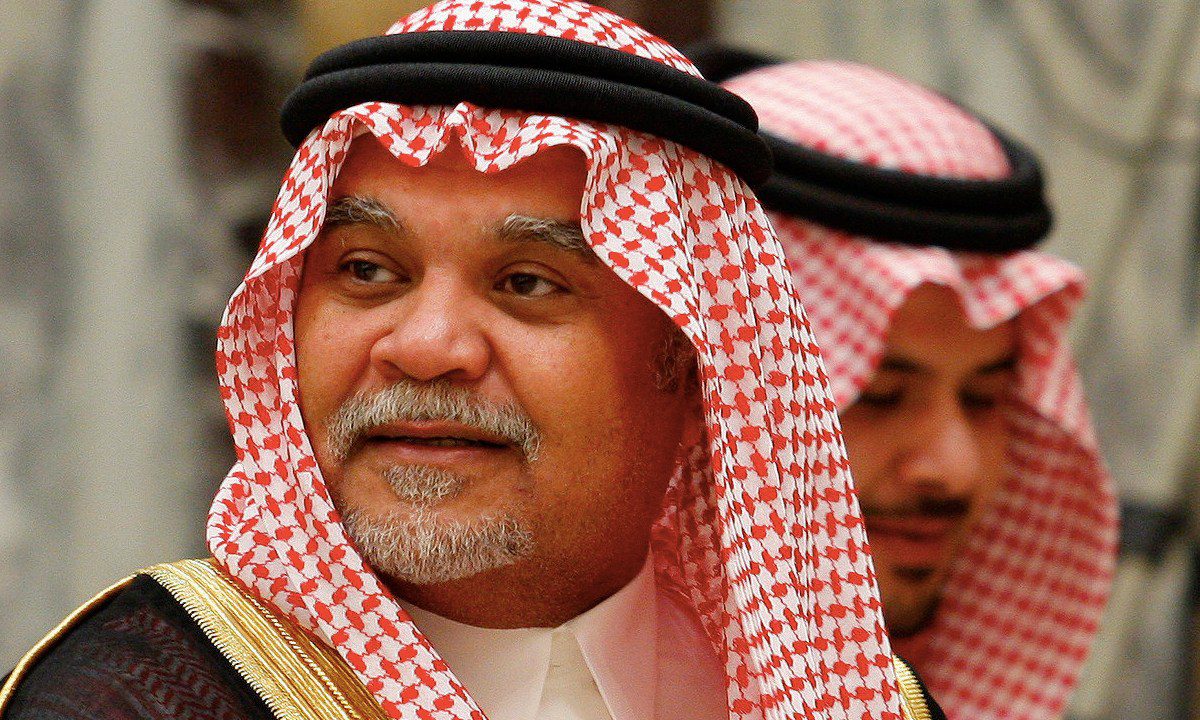
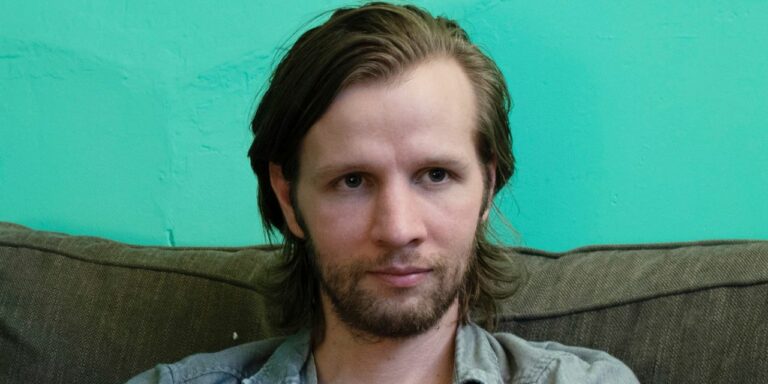
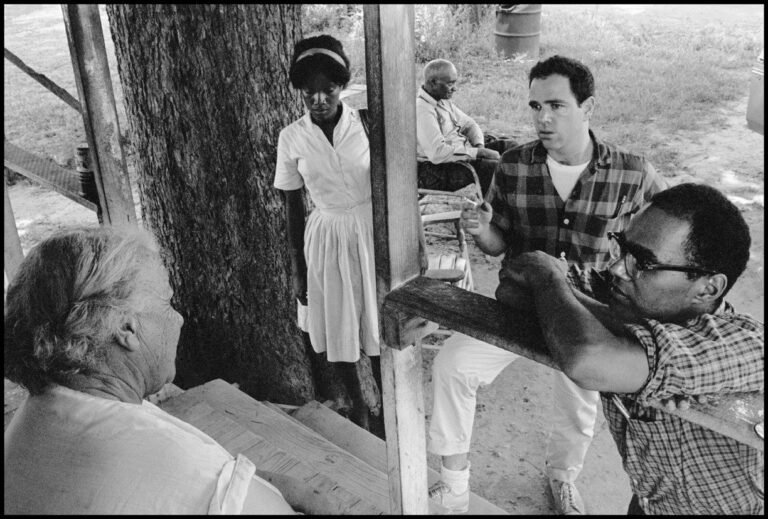
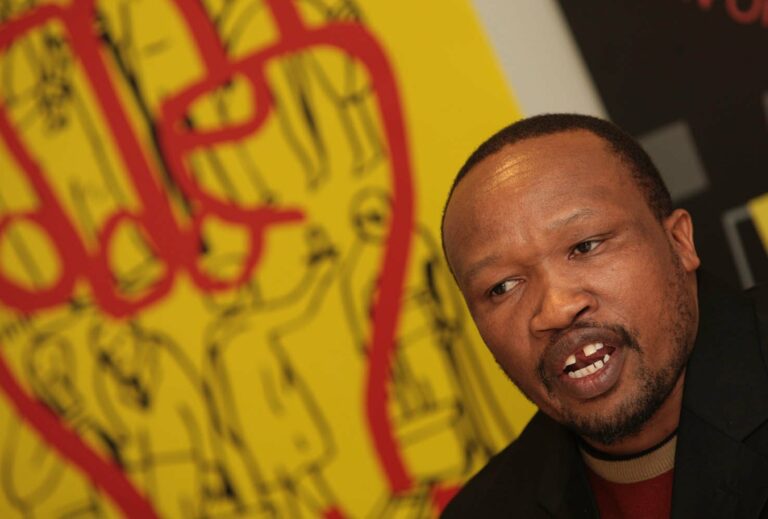
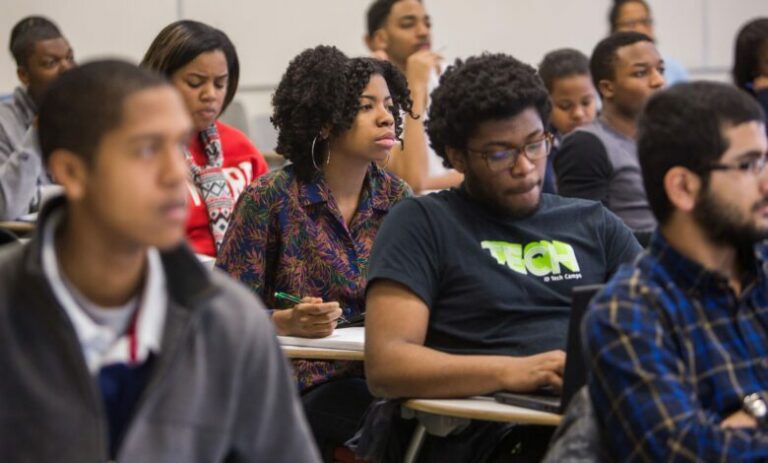
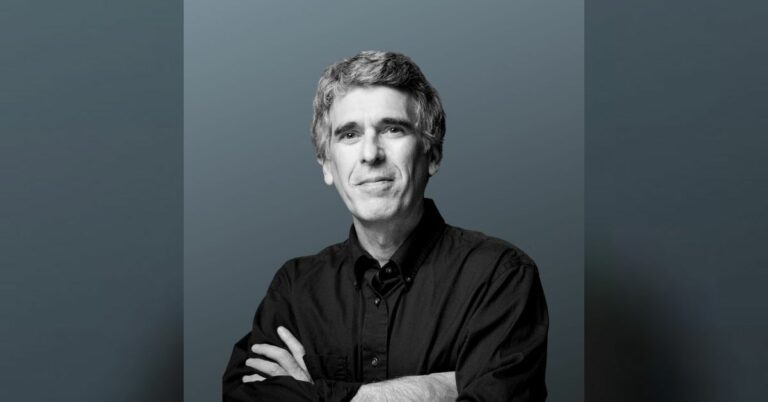
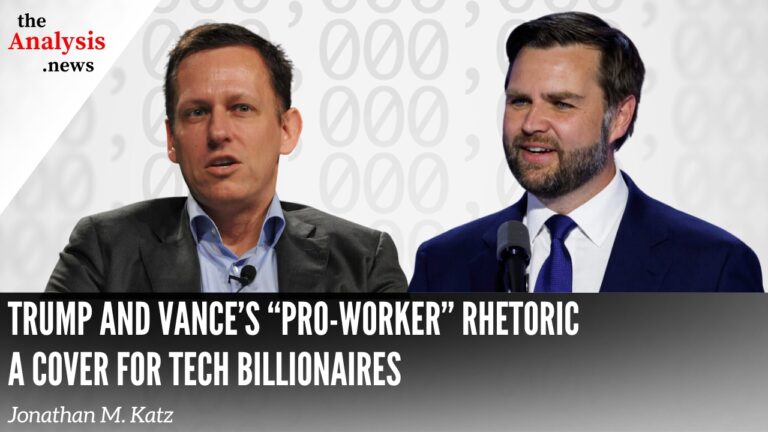
A great golden oldie series that I’ve referred to many times. Obscuring this, drowning out Bob Graham’s voice… That’s what the whole “911 Truth” movement crap and its psychotic idea that the planes did not cause the towers to collapse – are all about. South Park (Mystery of the Urinal Deuce episode) had it precisely right: 911 Truth is the conspiracy – to create a ridiculous, fake conspiracy – to hide real misdeeds and protect malefactors. And they’ve been amazingly successful.